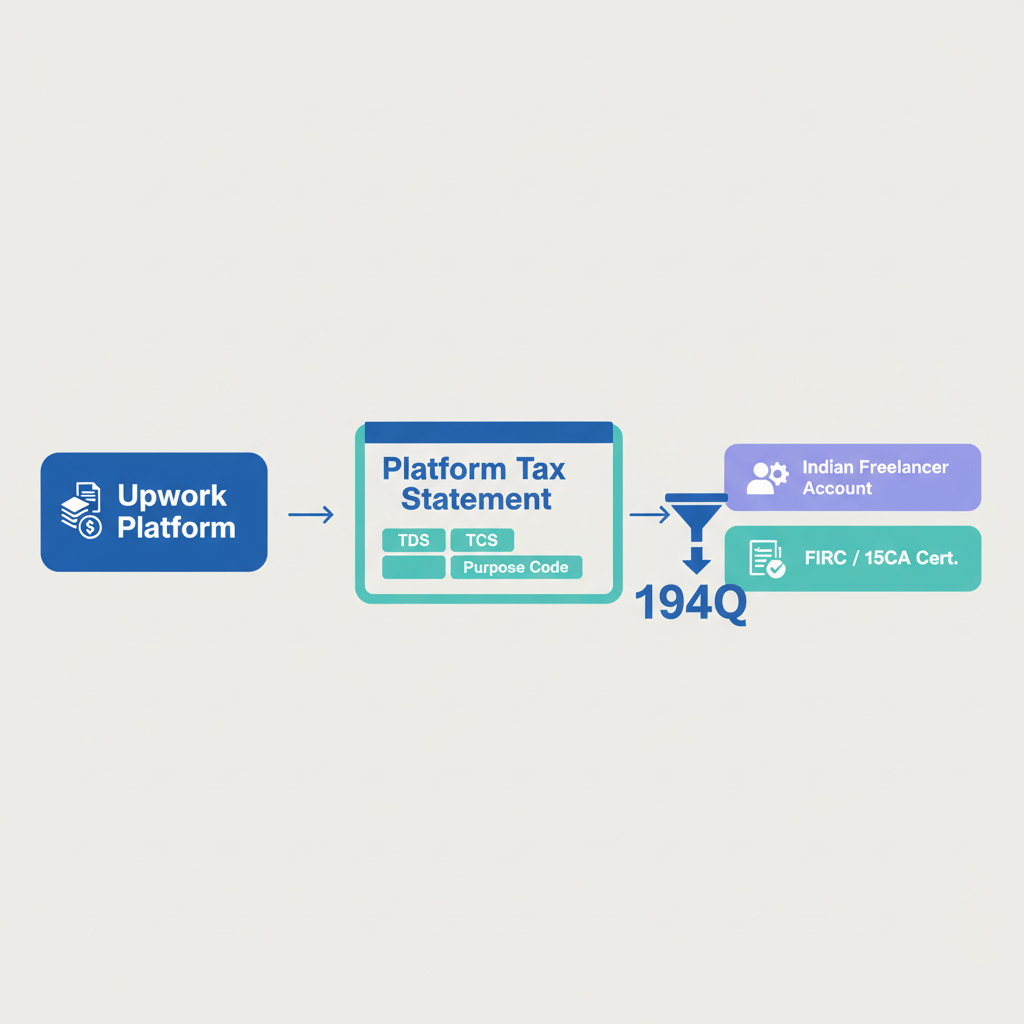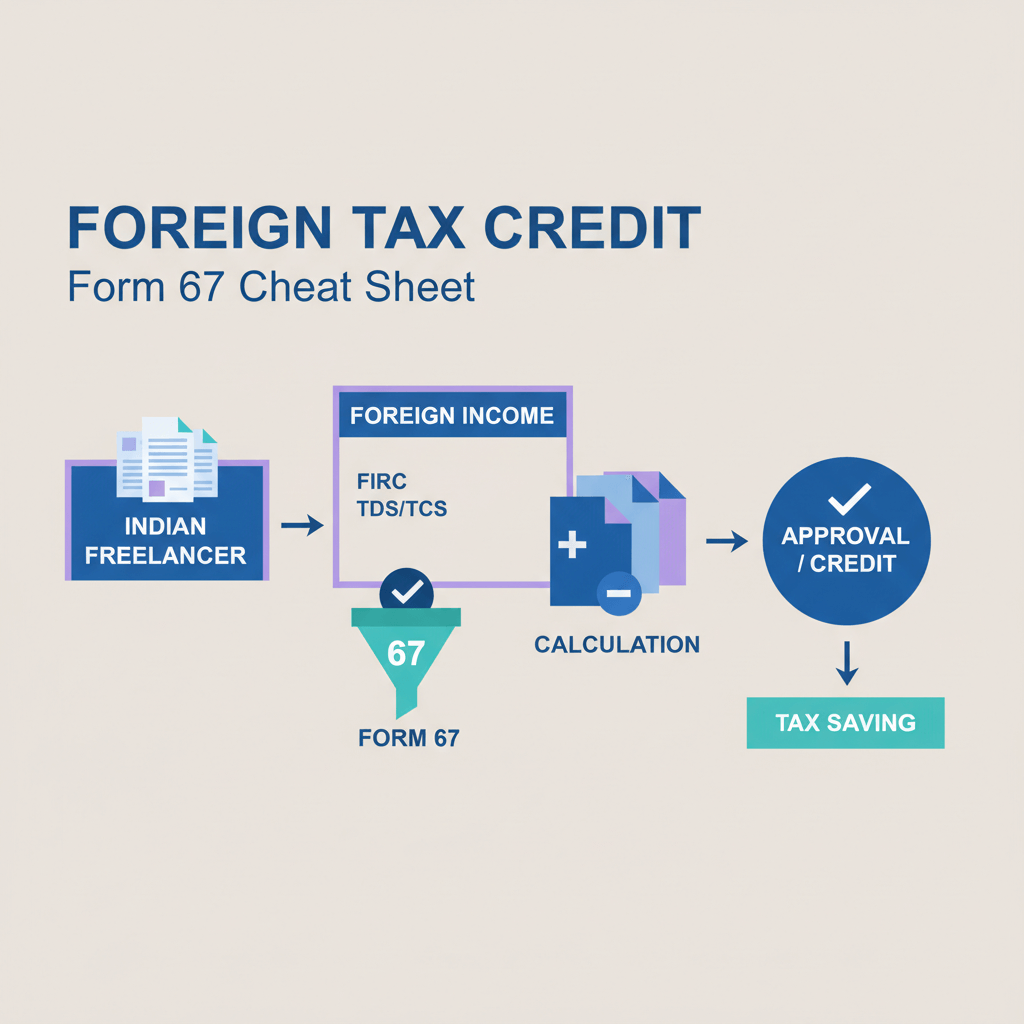Karbon helps Indian exporters cut FX conversion costs with a flat 1% rate on international payments.
Can we receive payment in INR for export?
Here’s a question that cannot be answered with a one-dimensional view.
When presenting charges for international clients, invoicing in their preferred currency typically fosters transparency and convenience.
Opting for the international client's currency shows professionalism and an understanding of their needs. It also mitigates potential confusion or discrepancies arising from currency conversion.
Read on…
International Business Payments from India
Here are some things to keep in mind before making an outward remittance from India, in the business context.
Here are some facts about international business payments from India:
- Currency Regulation: The Reserve Bank of India (RBI) regulates foreign exchange transactions in India. Businesses must comply with RBI guidelines when sending or receiving international payments.
- Preferred Currency: While the Indian Rupee (INR) is the native currency, international clients often prefer to transact in their own currency to avoid exchange rate fluctuations and simplify accounting.
- Payment Methods: Common methods for international payments from India include wire transfers (SWIFT), online payment platforms like PayPal or Payoneer, and letters of credit for larger transactions.
- Foreign Exchange Controls: India has strict foreign exchange controls, including limits on the amount of foreign currency individuals and businesses can hold or transfer abroad.
- Exchange Rate Volatility: The Indian Rupee (INR) is subject to fluctuations in the foreign exchange market, which can impact the cost of imports and exports and affect the profitability of international transactions.
- Trade Partners: India conducts significant international trade with countries like the United States, China, the United Arab Emirates, and the European Union, among others.
- Digital Payments: India has seen a surge in digital payment adoption in recent years, with the government's push for digitalization and the rise of fintech companies offering convenient payment solutions for international transactions.
- Trade Agreements: India is a member of various trade agreements and organizations, such as the World Trade Organization (WTO), which influence its international trade policies and payment mechanisms.
Can export payments be made in INR?
Export payments have the potential to be conducted in Indian Rupee (INR), subject to specific regulations established by the Reserve Bank of India (RBI). These regulations delineate the conditions under which such transactions are permissible. For instance, RBI allows export transactions to be denominated in INR in certain cases, particularly for exports to countries with which India maintains bilateral trade agreements facilitating settlements in INR.
Moreover, India has forged bilateral agreements with select nations, enabling trade settlements to be executed in INR. A prominent example is the India-Nepal trade pact, which sanctions trade between the two countries to be conducted using the Indian Rupee.
Exporters opting for INR transactions must ensure adherence to RBI guidelines, particularly regarding the timely repatriation of proceeds to India. Compliance necessitates meticulous documentation, encompassing export invoices, shipping records, and evidence of payment receipt.
Despite transactions being conducted in INR, exporters remain subject to foreign exchange regulations, encompassing reporting obligations and constraints on fund utilization. Additionally, exporters should prudently assess currency risk, recognizing that fluctuations in exchange rates could impact the value of received proceeds.
Can we make an export invoice in INR for outward remittances from India?
Export invoices can be made in Indian Rupee (INR) under specific circumstances, such as when transactions involve countries with bilateral trade agreements allowing settlements in INR, or when permitted by regulations outlined by the Reserve Bank of India (RBI).
Some of the countries with which India has bilateral trade agreements allowing settlements in Indian Rupee (INR) include:
- Nepal
- Bhutan
- Iran
- Some African countries like Zimbabwe, Sudan, etc.
These agreements facilitate trade transactions between India and these countries to be conducted in INR, providing an exception to the general requirement for transactions to be settled in foreign currencies.
What are the GST Regulations for Export Payments in INR?
Over the past three to four years, there has been an intense interest from the Indian exporting fraternity towards receiving international payments in Indian Rupees (INR). This has also become more practical with recent India bilateral trade agreements with several other countries. The flexibility to settle export transactions in INR presents various benefits but also introduces new GST compliance considerations that businesses need to navigate. This section will explore how export payments in INR fit into the GST framework and what it means for exporters.
Can Export Proceeds Be Realized in INR Under GST?
It is theoretically possible to receive export proceeds in INR, which is permissible under certain conditions from the RBI. For example, when the trade partner is a country with a bilateral trade agreement allowing settlements in INR, the RBI allows the realization of export proceeds in INR.
In GST, export proceeds must be received within a specified period; generally, it is nine months from the date of export. This time period is still applicable in the case of INR settlement, and hence, the proceeds have to be repatriated in the admissible time frame to meet the RBI regulations.
India has trade agreements with countries such as Nepal, Bhutan, and Iran where the transaction may be carried out in INR. Such agreements make the transaction simple because there is no requirement for currency conversion and foreign exchange risk associated for the exporter as well as the client.
Raising Export Invoices in INR Under GST
Export invoices can be shown in INR; however, such a provision is permitted only if the transactions are undertaken according to specific conditions of RBI or bilateral agreements with trading countries. For example, Nepal, Bhutan, and some African countries permit the raising of an invoice in INR as long as the payment is brought into India within the timeframe so allowed.
Export invoices issued in INR must comply fully with GST documentation requirements. For transactions above a threshold, their own e-invoice must be provided and this transaction also to be correctly reported within GST returns. Correct records need to be maintained by exporters - proof of receipt of payment, shipping documents, and the export invoices to show that the transaction fulfills RBI as well as GST rules.
GST Treatment of Export Payments in INR
Exports are zero-rated under GST. Therefore, GST is never levied on the export of goods or services. Payment may be in INR or foreign currency. But it is very important that the exporter complies with all requirements for zero-rating and hence, repatriation of the proceeds to India happens well in time with proper documentation.
A seller who gets payments in the currency INR can also recover the ITC on inputs and services availed to manufacture that particular commodity. Any kind of input such as raw materials, packaging, or logistics for manufacturing commodities to be exported can be recovered if all requirements of regulatory compliance are met.
Receiving export payments in INR is a practical mechanism for streamlining international transactions for Indian businesses. Its handling, however, demands cautious navigation in the landscape of GST to ensure compliance with both GST and RBI guidelines.
Is rupee settlement allowed for international trade from India?
In the realm of business outward remittance from India, the practice of settling transactions in Indian Rupee (INR) for international trade is permissible under certain conditions. These conditions typically encompass transactions involving countries with established bilateral trade agreements permitting settlements in INR, or transactions sanctioned by the regulatory framework outlined by the Reserve Bank of India (RBI).
Compliance with the guidelines set by the RBI is essential for businesses engaging in such transactions, necessitating meticulous documentation of transactions, including invoices and compliance records. Notably, exceptions to the general requirement of settlements in foreign currencies arise in cases where bilateral agreements or specific RBI permissions allow for INR settlements. Businesses undertaking such transactions should also consider the associated risks, such as fluctuations in currency exchange rates and compliance-related risks.
In which currency does India export in the context of business outward remittance from India?
In the context of business outward remittance from India, the country conducts its export transactions using a variety of currencies, depending on the preferences and requirements of its trading partners. These currencies include:
- US Dollar (USD): Widely used for international trade, particularly in transactions with the United States and other countries that prefer USD.
- Euro (EUR): Commonly used for trade with European Union (EU) countries where EUR is the native currency.
- Japanese Yen (JPY): Utilized for exports to Japan and other Asian nations.
- British Pound (GBP): Employed for trade with the United Kingdom and certain other Commonwealth countries.
- Chinese Yuan (CNY): Used for exports to China, a significant trading partner.
- Other Currencies: Depending on trade agreements and partner preferences, exports may also be conducted in currencies such as Canadian Dollar (CAD), Australian Dollar (AUD), Swiss Franc (CHF), among others.











